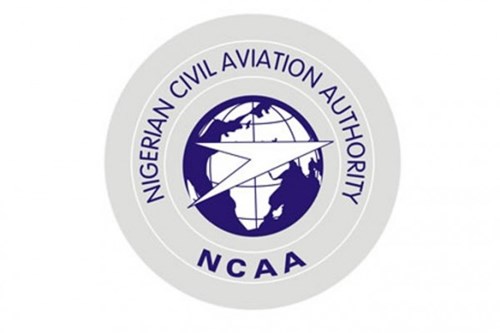The Nigeria Civil Aviation Authority (NCAA) has issued a stern warning to international airlines regarding the rising number of complaints from Nigerian passengers who have been subjected to the distressing experience of being transported partway to their final destinations only to be deported back to Nigeria. This practice, often stemming from visa and travel restriction issues at transit points, has drawn sharp criticism from the NCAA, which emphasizes its detrimental impact on passengers and the reputation of Nigeria’s aviation sector. The NCAA underscores the airlines’ responsibility to ensure passengers are fully informed of potential entry barriers before embarking on their journeys, preventing the disheartening scenario of denied entry or return upon reaching transit hubs.
The NCAA’s Director of Consumer Protection and Public Affairs, Michael Achimugu, articulated the authority’s stance in a formal statement, denouncing the practice of airlines transporting passengers without proper verification of their travel documents and visa requirements, leading to their eventual deportation. He highlighted the regulatory frameworks, specifically referencing the Nigeria Civil Aviation Regulations 2023 (Part 19.21.1.1), which mandates airlines and their agents to proactively inform passengers of any potential entry restrictions before departure. This proactive communication is crucial to avoid the predicament of passengers being stranded at transit points due to unforeseen visa or travel document complications.
The NCAA’s statement underscores the airlines’ pivotal role in ensuring passengers are well-informed about necessary travel documentation. This includes scrutinizing passenger documents, providing accurate and current information about visa requirements, and confirming eligibility for entry into the destination country, including any transit points. Airlines are expected to conduct these checks before issuing tickets or permitting boarding, ensuring passengers are not subjected to the ordeal of mid-journey deportations. The emphasis is on preemptive measures to mitigate the risk of such incidents.
The NCAA has adopted a zero-tolerance policy towards this practice and has outlined immediate enforcement measures to curb the recurring issue. Airlines found to be in violation of these regulations will face serious consequences, ranging from financial penalties and suspension of flight operations to other appropriate sanctions. The NCAA’s commitment to passenger welfare and the integrity of the aviation industry is evident in its decisive action. The authority expects full cooperation from all airlines to uphold professionalism and ensure the smooth and dignified travel experience of Nigerian passengers.
This firm stance by the NCAA aims to protect Nigerian travelers from the emotional and logistical turmoil of being denied entry mid-journey. It underscores the importance of transparency and accountability within the aviation industry, holding airlines responsible for ensuring passengers are fully aware of all travel requirements. This includes verifying the validity of travel documents, ensuring visas are in order, and confirming adherence to any specific entry conditions imposed by destination or transit countries. This proactive approach will greatly reduce the likelihood of passengers facing unexpected deportation.
In essence, the NCAA’s message is clear: airlines must prioritize passenger welfare and adhere to established regulations. They must ensure passengers are equipped with the correct information and documentation to avoid the distressing scenario of mid-journey deportations. The NCAA’s proactive stance and commitment to enforcing regulations signal a significant step towards protecting the rights of Nigerian travelers and upholding the standards of the aviation industry. This comprehensive approach aims to create a more transparent and accountable travel environment for all passengers departing from Nigeria.














